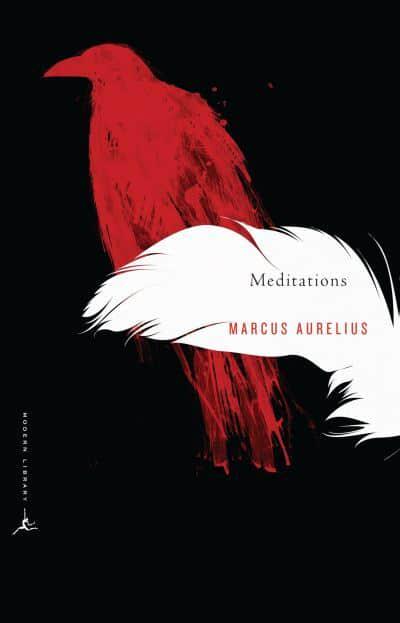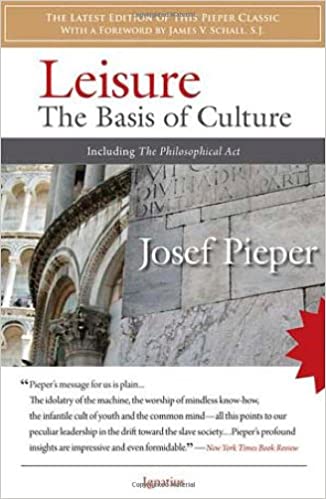I’ve read books in English, French, and Arabic. Both fiction and non-fiction.
Mostly, I’ll post here non-fiction English books. At least, the ones that I can recommend and might be relevant to most of you.
Also, I’ll skip the books that I read but don’t remember much of them. I spent a decade reading without taking notes. Please don’t do like me. It’s such a waste.
This section is only meant to spark your interest in books. So I’ll only write my impressions and three notes from the books. For more details, summaries and reviews, you can find them on Amazon or any other source.
For a faster research, you can click on any tag below to find the books of your interests.

Meditations
A New Translation by Gregory Hays
Marcus Aurelius
Meditations by Marcus Aurelius is about converting knowledge to action. The Roman Emperor keeps reminding himself of the same few truths, and thus, strengthens his soul against the challenges of everyday life to respond in the best manner possible. To learn more, check my wisdom article "Meditations: The Wise Emperor and His Inner Fortress".
Three notes from the book:
1- You could be good today. But instead, you choose tomorrow.
2- It never ceases to amaze me: we all love ourselves more than other people, but care more about their opinion than our own.
3- External things are not the problem. It’s your assessment of them.

The Sickness unto Death
A Christian Psychological Exposition of Edification & Awakening
Soren Kierkegaard
Kierkegaard has his style and sometimes it's hard to understand, especially the first few pages. But if you are brave to carry on reading, you'll be generously rewarded. The book contains a first-class analysis of despair like I've never encountered before. For a taste of it, you can check my article "How Despair Can Help Us Live a Better Life?" in Psychology.
Three notes from the book:
1- The greatest hazard of all, losing one’s self, can occur very quietly in the world, as if it were nothing at all. No other loss can occur so quietly; any other loss - an arm, a leg, five dollars, a wife, etc. - is sure to be noticed.
2- The [unconscious] despairer is in the same situation as the consumptive; he feels best, considers himself to be healthiest, can appear to others to be in the pink of condition, just when the illness is at its most critical.
3- The common view, which assumes that everyone who does not think or feel he is in despair is not or that only he who says he is in despair is, is totally false.

Leisure
The Basis of Culture
Josef Pieper
This book inspired me to write my article "What We Really Miss Out Living a Total Work Life". It's an invitation to give leisure its due place in our lives and to not let work take over our entire existence. Without leisure, we can neither know ourselves nor apprehend the spiritual realm.
Three notes from the book:
1- Leisure is a mental and spiritual attitude--it is not simply the result of external factors, it is not the inevitable result of spare time, a holiday, a weekend or a vacation. It is, in the first place, an attitude of mind, a condition of the soul.
2- The pause is made for the sake of work and in order to work, and a man is not only refreshed from work but for work. Leisure is an altogether different matter.
3- There is in fact no room in the world of "total labor" either for divine worship, or for a feast: because the "worker's" world, the world of "labor" rests solely upon the principle of rational utilization.



